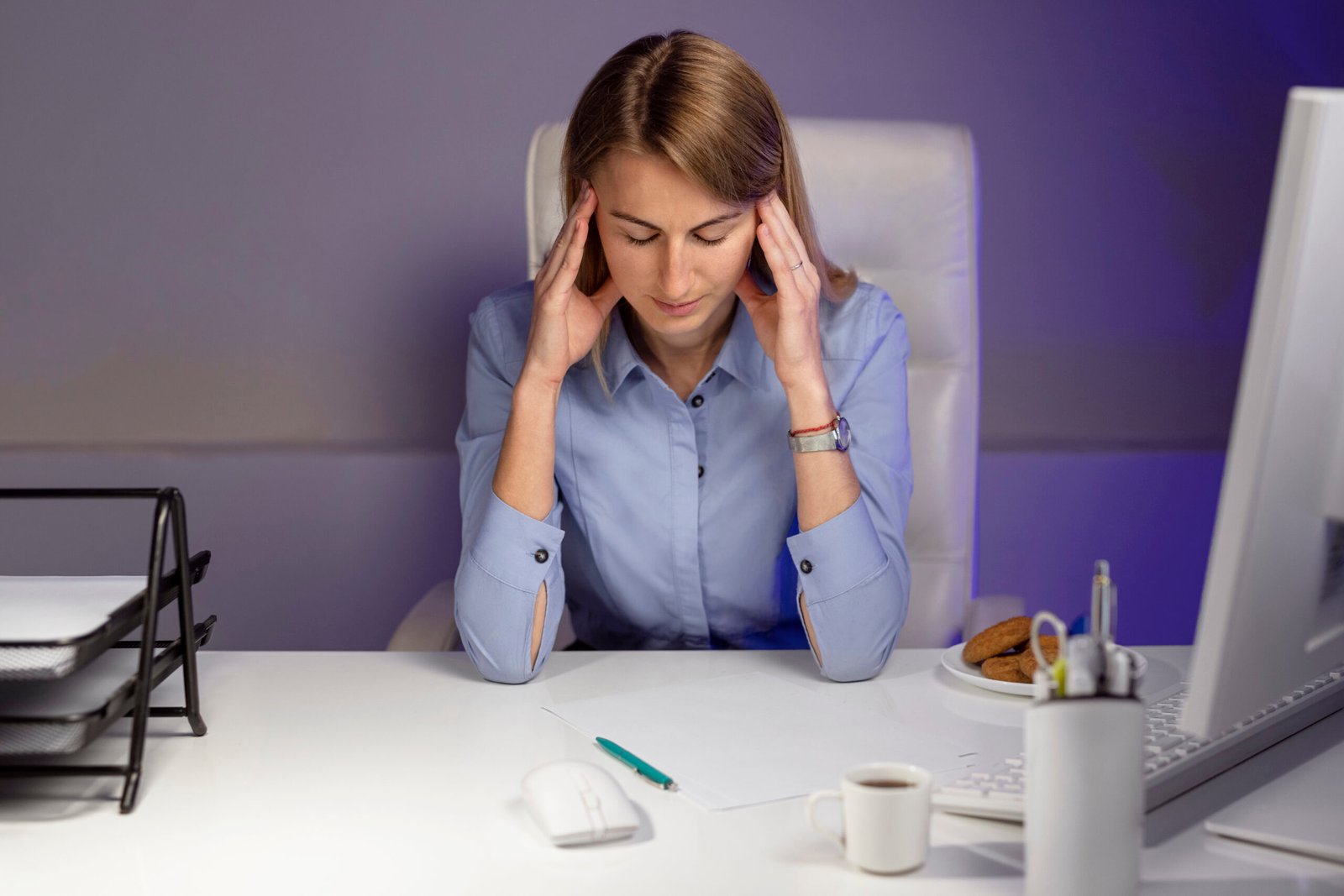How Exercise Reduces Anxiety

How Exercise Reduces Anxiety
Exercise Reduces Anxiety is a widespread mental health problem that impacts millions of individuals globally. Although doctors frequently recommend therapy and medication, exercise is a strong, readily available technique that can greatly reduce anxiety. This blog will examine the relationship between exercise and anxiety reduction, supporting it with empirical data and useful advice on how to fit exercise into your daily routine. How Exercise Reduces Anxiety
Table of Contents
ToggleThe Science of Exercise’s Anxiety-Reduction Effect How Exercise Reduces Anxiety
Release of Endorphins How Exercise Reduces Anxiety:
Endorphins are natural pain relievers and mood enhancers that are released into the brain during exercise. Known as the “runner’s high,” this endorphin surge produces a sense of bliss and wellbeing.
Neurotransmitter Regulation How Exercise Reduces Anxiety:
Exercise stimulates the body to produce more neurotransmitters, such as norepinephrine and serotonin, which are essential for controlling mood. Increased concentrations of these substances can aid in lowering depressive and anxious sensations.
Stress Hormone Reduction How Exercise Reduces Anxiety:
Exercise reduces cortisol levels, a stress hormone that, in excess, can exacerbate anxiety. Exercise lowers cortisol levels, which lessen the body’s stress reaction.
Better Sleep How Exercise Reduces Anxiety:
Frequent exercise helps lengthen and enhance the quality of sleep. Since insufficient sleep can worsen anxiety symptoms, getting enough sleep is crucial for mental health.
Cognitive Benefits How Exercise Reduces Anxiety:
Neuroplasticity, or the brain’s capacity for growth and adaptation, is enhanced by exercise. This can improve mental resistance to stimuli that fuel anxiety and improve cognitive performance.
Exercises That Are Good for Anxiety
Aerobic Exercise:
Exercises that raise respiration and heart rate, such as jogging, cycling, swimming, and brisk walking, lower anxiety and release endorphins.
Strength Training:
Since anxiety is frequently associated with low self-esteem and a negative body image, lifting weights or doing bodyweight exercises can help.
Yoga and Pilates:
Yoga and Pilates are excellent techniques for lowering stress and encouraging relaxation because they mix physical movement with breath control and concentration.
Exercises with an emphasis on breathing and mindfulness:
Tai chi and qigong combine slow, deliberate motions with a focus on mindfulness and breathing, which can help soothe the mind and lessen worry.
Useful Advice for Fitting Exercise Into Your Schedule
Start Small:
If you’ve never worked out before, set modest, doable objectives for yourself. A brisk stroll of ten minutes can have an impact.
Find Activities You Enjoy:
Make your selections of pleasurable workouts. Whether it’s dancing, hiking, or participating in a sport, having fun makes consistency more likely.
Set Achievable but Realistic Goals:
To prevent feeling overburdened, set achievable but realistic goals. Increase the length and intensity of your workouts gradually.
Establish a Routine:
Exercise should be incorporated into your daily schedule, just like any other essential activity. To get the benefits for mental health, you must be consistent.
Seek Support:
To keep motivated, work out with a friend or enrol in a class. Additionally, social connection can offer emotional support, which lowers anxiety even more.
Pay Attention to Your Body:
Observe your body’s sensations and modify your training regimen accordingly. Avoid overexerting oneself since this can result in injury or burnout.
In summary
A potent, all-natural method of overcoming anxiety is exercise. You may dramatically enhance your mental health by knowing the science behind it and making physical activity a regular part of your routine. Discover what exercises are most effective for you and include them into your daily routine, whether it’s a vigorous stroll in the park, a yoga class, or a trip to the gym. Remember that exercising is a marathon, not a sprint, when it comes to reducing anxiety. Enjoy the journey towards better health and happiness by taking things one step at a time.
